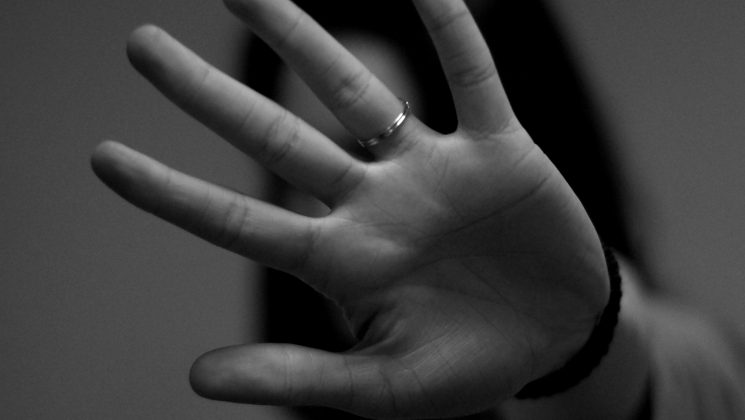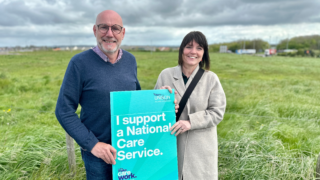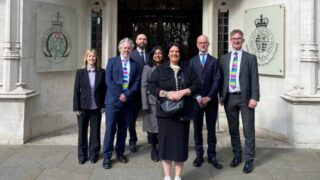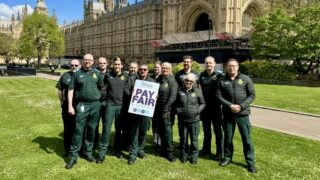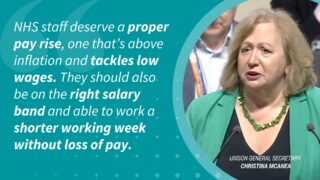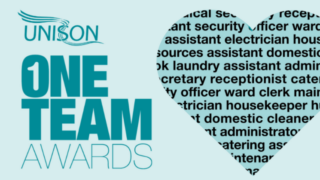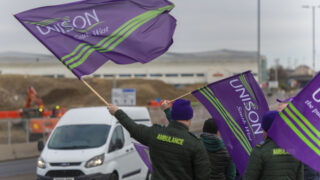NHS staff including ambulance workers,111 call handlers, porters, nurses and cleaners have been shown pornographic images, offered money for sex and assaulted at work, according to research published by UNISON today (Monday).
In a survey released to coincide with the first day of UNISON’s annual health conference in Brighton, one in ten (10%) healthcare workers reported experiences of sexual harassment.
This included being touched or kissed, demands for sex in return for favours and derogatory comments.
Sexual assault was reported by almost three in ten (29%) of all the health workers who’d experienced sexual harassment. Half (50%) said they had been leered at or been the target of suggestive gestures, while a quarter (25%) said they had suffered unwelcome sexual advances, propositions or demands for sexual favours.
Unwanted crude ‘banter’ or ‘jokes’ were the most common issue, reported by three in five (61%) workers who had experienced some form of harassment, according to the data from a survey of 12,243 health workers.
Other complaints included invading someone’s personal space (57%), unwanted comments about clothing or appearance (53%), unwelcome messages of a sexual nature (15%) and exposure to offensive material such as pornographic images (8%).
More than a quarter (27%) of the harassment incidents occurred within the past 12 months, 19% between one and three years ago, and the rest were three or more years ago.
For those workers subjected to harassment, more than half (56%) said incidents involved colleagues, two fifths experienced problems with patients and 16% were caused by managers.
Despite the serious and even criminal nature of some of the incidents, half the staff (51%) hadn’t reported the sexual harassment to their employer.
The main reason for this was a fear of being considered ‘over-sensitive’ (60%), followed by a lack of trust in the process (53%) and a feeling that their employer would not act on their complaint (48%).
Incidents included a 111 adviser, who as a survivor of sexual abuse herself, described being regularly harassed on the phone by anonymous callers. The only response from her managers was to be told it was just part of the job.
Others included both male and female health staff sexually assaulted and even raped at work, a male colleague undoing a health worker’s bra as she walked down the corridor, an employee being offered money in exchange for sex by a colleague and staff being groped by patients.
UNISON wants to see a change in the law so employers are also responsible for protecting their staff against harassment from patients or those working for contractors.* At its annual health conference, beginning today, the union will also be debating how to get NHS organisations to adopt and implement the ten commitments in the NHS sexual safety charter.
Commenting on the survey, UNISON general secretary Christina McAnea said: “No one should ever have to endure such despicable behaviour, and certainly not in their place of work.
“But NHS staff often put up with this appalling abuse, not reporting it because they don’t believe they’ll be taken seriously.
“More must be done to protect nurses, healthcare assistants, cleaners and other NHS staff from sexual harassment, reassure them their complaints will be fully investigated and action taken against the perpetrators.
“Employers must take swift action when workers flag up incidents regardless of whether the sexual harassment has come from a patient or a colleague. Otherwise, this completely unacceptable behaviour will simply continue.”

